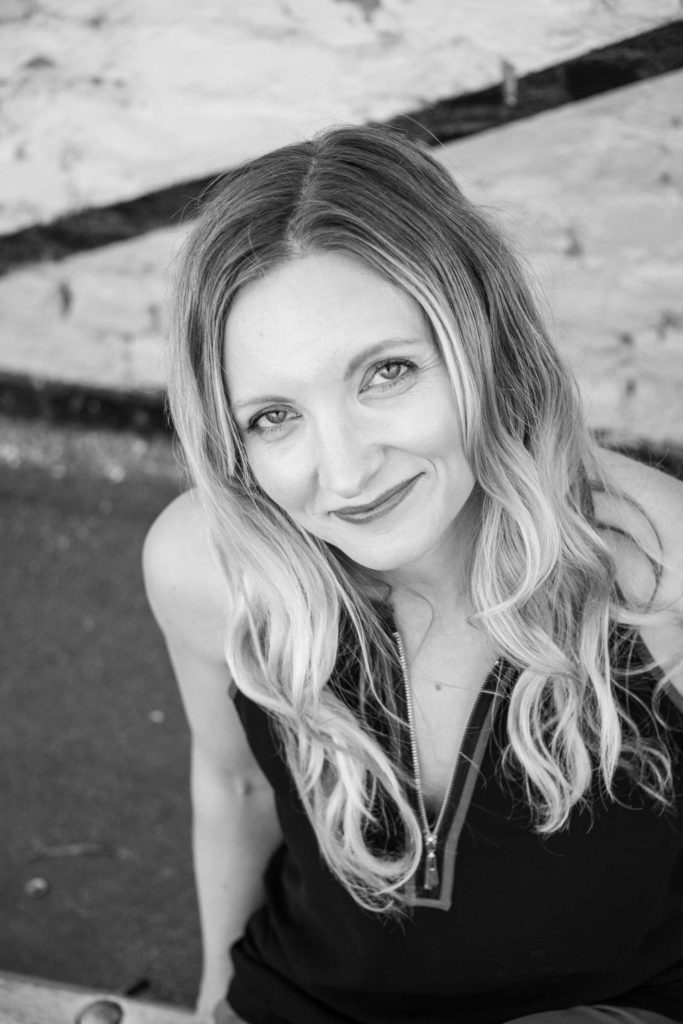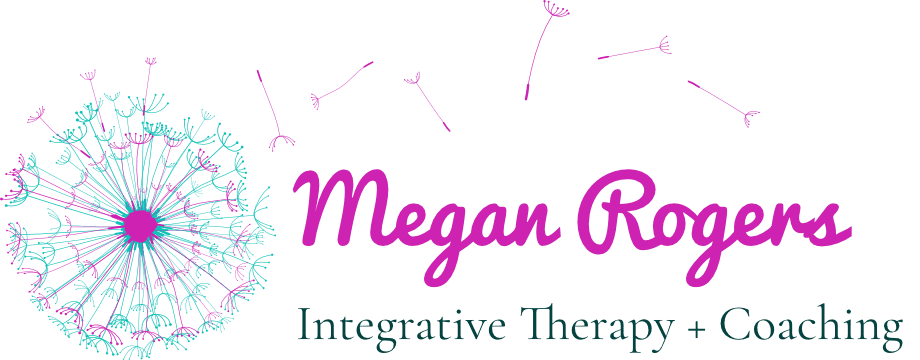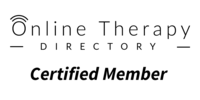
Drinking alcohol is a common social activity for many people. It can be a way to relax, celebrate, or connect with friends and family. However, for some people, drinking can become a problem. If you are concerned about your drinking, or if you want to stop or learn more about moderation or sobriety, this blog post is for you.
The Different Roles People Play in Your Drinking
There are many different roles that people can play in your drinking. Some of these roles can be positive, while others can be negative.
Positive Roles for Sobriety
- Supportive friends and family: These are the people who support your aim of re-examining your relationship to alcohol. They might encourage you to drink in moderation and are there to support you if you are struggling with your drinking. They may remind you of your goals, help you to stay accountable, and offer non-alcoholic alternatives when you are socializing.
For example, let’s say that you have decided to limit yourself to two drinks per night. If you are out with friends and they start ordering rounds of shots, your supportive friends will remind you of your goal and help you to stick to your limit. They may also offer to order you a non-alcoholic drink, join you in a round of water, or come up with other outings that don’t involve drinking.
- Healthy role models: These are the people who show you that it is possible to have a fun and fulfilling life without drinking to excess or being sober. They may talk about their own experiences with sobriety, or they may simply demonstrate that it is possible to enjoy social situations without drinking alcohol.
For example, let’s say that you have a friend who is a successful businessperson and who also enjoys a healthy lifestyle. This friend may tell you about how they used to drink heavily, but that they eventually realized that they could have a more fulfilling life without alcohol. They may also invite you to join them for activities that do not involve drinking, such as going for a hike or a yoga class.
- Professional help: If you are struggling with feeling like you’re drinking too much, there are many professionals who can help you, such as therapists and coaches (like me), and addiction specialists. These professionals can provide you with support, guidance, and tools to help you moderate your drinking or stop entirely.
For example, a therapist can help you to understand the reasons why you drink and to develop strategies for coping with stress and other triggers without using alcohol. A coach can help you to set goals and to develop a plan for achieving them. And an addiction specialist can provide you with information about the effects of alcohol on your body and mind, and can help you to develop a treatment plan if you are struggling with addiction.

Negative Roles Relating to Drinking Alcohol
- Peer pressure: This is when people pressure you to drink more than you want to. They may make jokes about your sobriety, or they may offer to buy you drinks.
For example, let’s say that you are at a party and you have decided to go alcohol-free. If your friends start pressuring you to drink alcohol, you may feel obligated to give in or feel like you’re missing out. This can lead to you drinking more than you want to, and it can also make it more difficult to stick to your goals in the future.
- Enablers: These are the people who make it easier for you to drink too much, such as by buying you drinks or offering to drive you home when you are drunk. They may not realize that they are enabling your drinking, or they may simply be trying to be helpful.
For example, let’s say that you have a friend who is always buying you drinks. Even though you have told them that you are trying to moderate your drinking, they continue to buy you drinks. This can make it very difficult to stick to your goals, and it can also send the message that your drinking is not a problem.
- Negative role models: These are the people who show you that it is okay to drink to excess. They may brag about their drinking, or they may make it seem like drinking is the only way to have a good time.
For example, let’s say that you have a friend who is always getting drunk. They may brag about how much they can drink, or they may make it seem like drinking is the only way to have a good time. This can make it more difficult for you to stick to your own goals, and it can also send the message that your drinking is not a problem.
How to Identify the Roles People Play in Your Drinking
It is important to identify the roles that people play in your drinking. This will help you to understand why you drink and how to make changes if you need to.
Here are some questions you can ask yourself to help you identify the roles people play in your drinking:
- Who are the people who encourage you to drink?
- Who in your life drinks to excess on a regular basis?
- Who is supportive of a healthier, alcohol-free lifestyle?
- Who is already living a great life without drinking, or who has stopped?
And consider if you see yourself anywhere in this story:
I’ve always been a social drinker. I enjoy going out with my friends and having a few drinks, but lately I’ve been feeling like I need to moderate my drinking or maybe even stop completely. I’m not an alcoholic, but I know that I could be if I’m not careful. Either way, I’m starting to realize that my drinking isn’t serving me like I thought it was.
The problem is that gray area drinking is so normalized in society. It’s everywhere. People drink at work events, at social gatherings, and even at family functions. It’s hard to say no when everyone else is drinking.
I’ve tried to moderate my drinking on my own, but it’s been difficult. I’ll go out with my friends and start off by saying that I’m only going to have one or two drinks, but then I always end up having more. I’m not sure why I do this. Maybe it’s because I’m afraid of being judged by my friends if I don’t drink as much as them. Maybe it’s because I just like the feeling of “taking the edge off” or blowing off steam. Or maybe part of my brain equates alcohol with having fun.
I know that I need to make a change, but I’m not sure how. I’m afraid that if I tell my friends that I’m trying to moderate my drinking, they’ll think I’m weak or boring. I’m also afraid that if I stop drinking altogether, I’ll miss out on social events and fun times.
I’m not sure what to do. I’m stuck in a gray area where I’m not sure if I have a drinking problem or not. I just know that I need to make a change, but I’m not sure how, and I don’t think I can do it by myself.
I hope this story helps to illustrate the challenges that people face when they are trying to moderate their drinking in a society where gray area drinking is so normalized. If you are struggling with this issue, please know that you are not alone. There are resources available to help you, and you don’t have to go through this alone.
Megan Rogers, LCSW, Integrative Psychotherapy + Wellness Coaching, is licensed in CO, MD, and NY and has a specialty in helping women with anxiety stop drinking and manage gray area drinking for optimum health. She is a licensed counselor and certified sobriety coach who loves to travel (both to countries far and wide – and within.)


